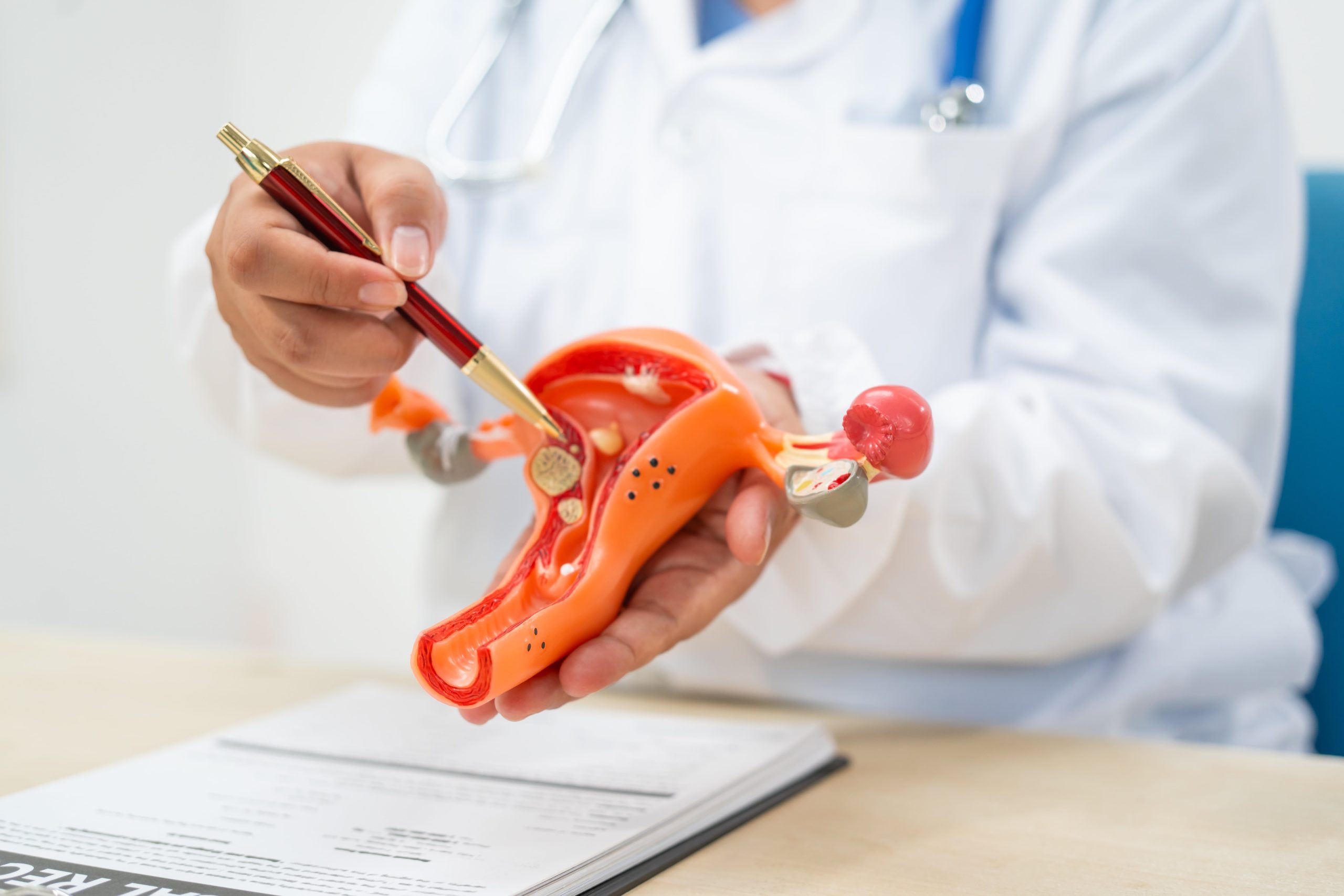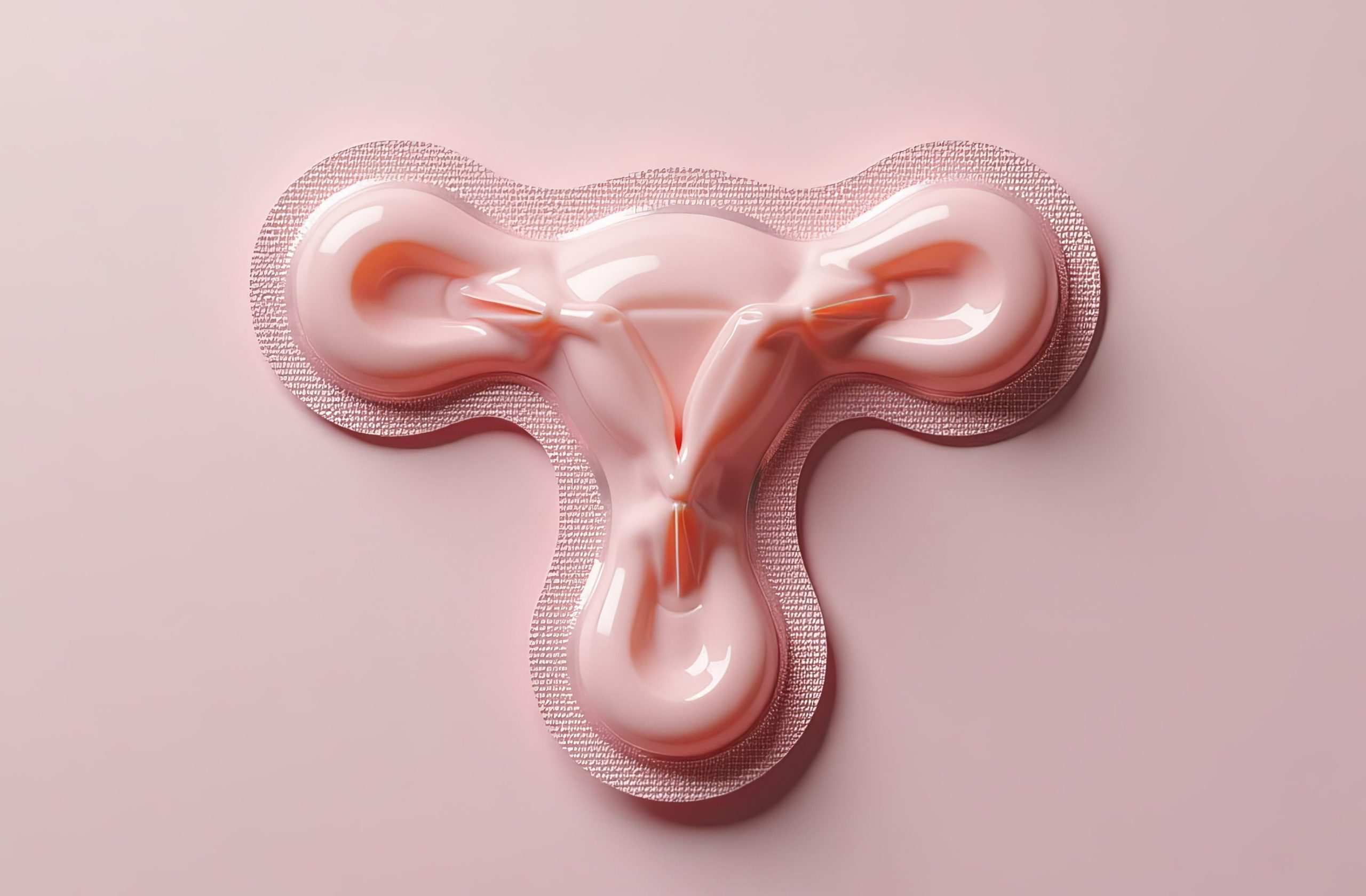Uterine fibroids are a common, yet often misunderstood, condition affecting millions of women worldwide. While they’re typically non-cancerous, their impact can be significant, causing everything from heavy bleeding to pelvic pain and even fertility challenges. The big question on many women’s minds is: Can fibroids be prevented?
While there’s no magic formula to completely avoid them, there are key lifestyle and medical strategies that could help lower your risk or manage their growth. By taking proactive steps now, you can better protect your uterine health and maintain a higher quality of life. Let’s dive into what you can do to minimise the chances of developing uterine fibroids and what treatment options are available.
What Are Uterine Fibroids?
Uterine fibroids, also known as leiomyomas, are non-cancerous tumors that develop in the uterus. These growths are made of smooth muscle cells and fibrous tissue, and they can vary in size, from microscopic to large masses that distort the shape of the uterus.
Fibroids can develop anywhere in the uterus, and their location can affect the severity of symptoms. They may appear in one or multiple clusters and can grow over time. The exact cause of uterine fibroids remains unclear, but they are thought to be influenced by hormonal changes, particularly estrogen and progesterone. Most fibroids are asymptomatic, but when symptoms do occur, they may include heavy periods, pelvic pain or pressure, frequent urination, and complications during pregnancy and labor.
Why Is Prevention Important?
Preventing uterine fibroids is important because they can lead to a range of problems for women, particularly in terms of reproductive health. Large fibroids may interfere with fertility, making it more difficult for a woman to conceive. In some cases, fibroids can also cause complications during pregnancy, including miscarriage, preterm labor, or difficulties during childbirth. In addition, the symptoms of fibroids can severely impact a woman’s quality of life, causing discomfort and disrupting daily activities.
Since fibroids are often asymptomatic until they become large or cause complications, early detection is crucial. Preventing fibroids or managing their growth early on can significantly reduce the risk of these symptoms and associated complications. While there are no surefire ways to prevent fibroids, making certain lifestyle changes and seeking proactive medical care can help lower the risk or manage fibroid growth effectively.
Lifestyle Factors That May Reduce Risk
While uterine fibroids cannot always be prevented, certain lifestyle factors may reduce the risk of developing fibroids or help in managing them. These factors focus on overall health and well-being, which can help maintain hormonal balance and reduce risk factors for fibroid formation.
Regular Exercise
Exercise is one of the most beneficial lifestyle factors for preventing fibroids. Cardiovascular and strength-training exercises can help regulate hormonal balance. By managing weight and reducing body fat, exercise may help lower estrogen levels, which play a role in fibroid growth. Furthermore, exercise reduces the risk of other conditions, such as high blood pressure and diabetes, which may be associated with an increased risk of fibroids.
Healthy Diet
A balanced, nutrient-rich diet plays a key role in overall health and may help reduce the risk of uterine fibroids. A healthy diet is particularly important for managing hormones and weight, two key factors in the development of fibroids.
Eating a diet high in fruits, vegetables, whole grains, and lean proteins provides essential nutrients that support hormonal balance and reduce inflammation. A diet rich in antioxidants and anti-inflammatory foods may help prevent or slow the growth of fibroids. Additionally, avoiding excess red meat and processed foods may reduce the risk of fibroids, as these foods can increase estrogen levels in the body.
For women looking to prevent fibroids, incorporating more fiber, vitamin D, and calcium-rich foods can help. Foods like leafy greens, nuts, seeds, and soy-based products are particularly beneficial for maintaining a healthy uterus and hormonal balance.
Stress Management
Chronic stress has been linked to a range of health issues, including hormonal imbalances, which can contribute to the development and growth of uterine fibroids. Stress can increase the production of cortisol, a hormone that can affect estrogen and progesterone levels, potentially leading to the growth of fibroids.
Managing stress is an important part of preventing fibroids. Practices such as yoga, meditation, deep breathing exercises, and mindfulness can help lower stress levels and improve overall well-being. Regular relaxation techniques not only support mental health but also contribute to hormonal balance, which is essential for uterine health.
Other Lifestyle Considerations
In addition to exercise, diet, and stress management, other lifestyle factors may also play a role in fibroid prevention. Avoiding smoking is critical, as smoking has been linked to an increased risk of fibroids. Women who smoke are more likely to develop fibroids at an earlier age, and they may experience more severe symptoms.
Additionally, limiting alcohol consumption can help reduce the risk of fibroids. Excessive alcohol intake has been associated with hormone imbalances, which can increase the likelihood of fibroid formation. Maintaining a healthy weight, staying hydrated, and getting enough sleep are other important factors that contribute to uterine health.
Medical Considerations in Prevention Therapy
In addition to lifestyle changes, there are medical treatments and therapies that can help reduce the risk of fibroids or manage their growth. By understanding the hormonal factors and considering proactive medical treatments, women may be able to take additional steps to prevent fibroids or control their symptoms.
Understanding Hormonal Factors
Hormones, particularly estrogen and progesterone, play a significant role in the development and growth of uterine fibroids. These hormones stimulate the growth of fibroid cells, which is why fibroids often grow during a woman’s reproductive years when hormone levels are at their peak.
Women who have an imbalance in these hormones, such as higher estrogen levels or lower progesterone levels, may be more likely to develop fibroids. Medical treatments that focus on balancing hormone levels can help reduce the risk of fibroids. For example, birth control pills or hormone therapy can regulate estrogen levels, preventing fibroids from growing or forming.
Proactive Medical Treatments
In some cases, medical treatments may be recommended to prevent fibroids or manage their growth. Medications such as GnRH agonists, which lower estrogen levels, can shrink fibroids or reduce their growth. In more severe cases, procedures like uterine artery embolization or myomectomy may be considered to remove or shrink fibroids.
For women at higher risk of developing fibroids due to genetics or other medical conditions, a proactive approach may involve regular screenings or early intervention with medical treatments. Consulting with a gynecologist about these options is essential for developing a personalised prevention strategy.
Looking for Treatment for Uterine Fibroids?
If you’re concerned about uterine fibroids or are seeking treatment options, Dr TC Chang, an experienced obstetrician and gynecologist, can provide the guidance and care you need. Dr Chang specialises in diagnosing and treating uterine fibroids, offering treatment plans tailored to your needs.
Contact Dr TC Chang today to schedule a consultation and take the first step toward managing your uterine health.



